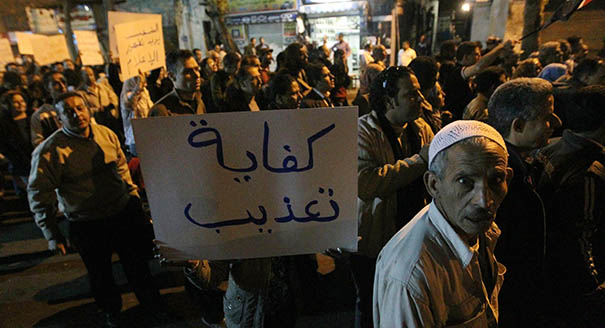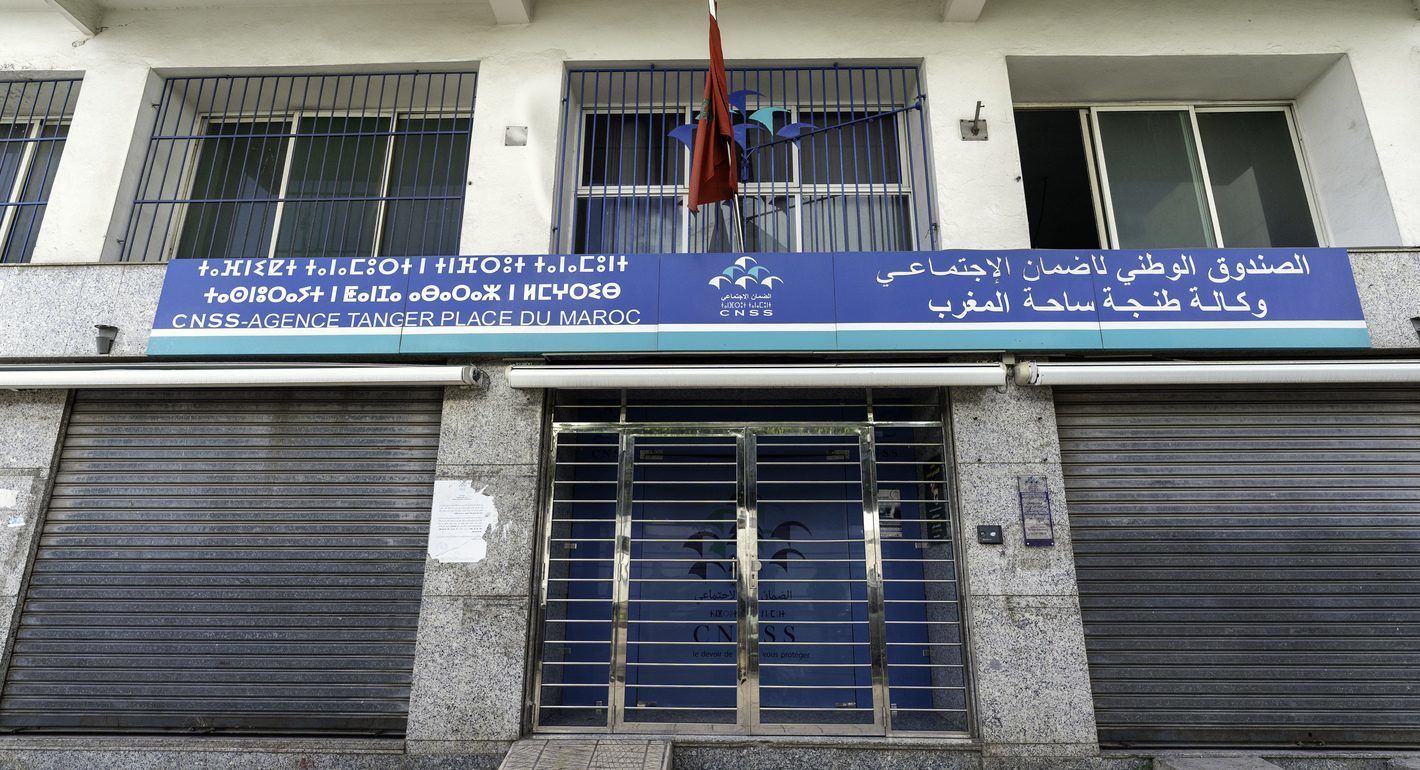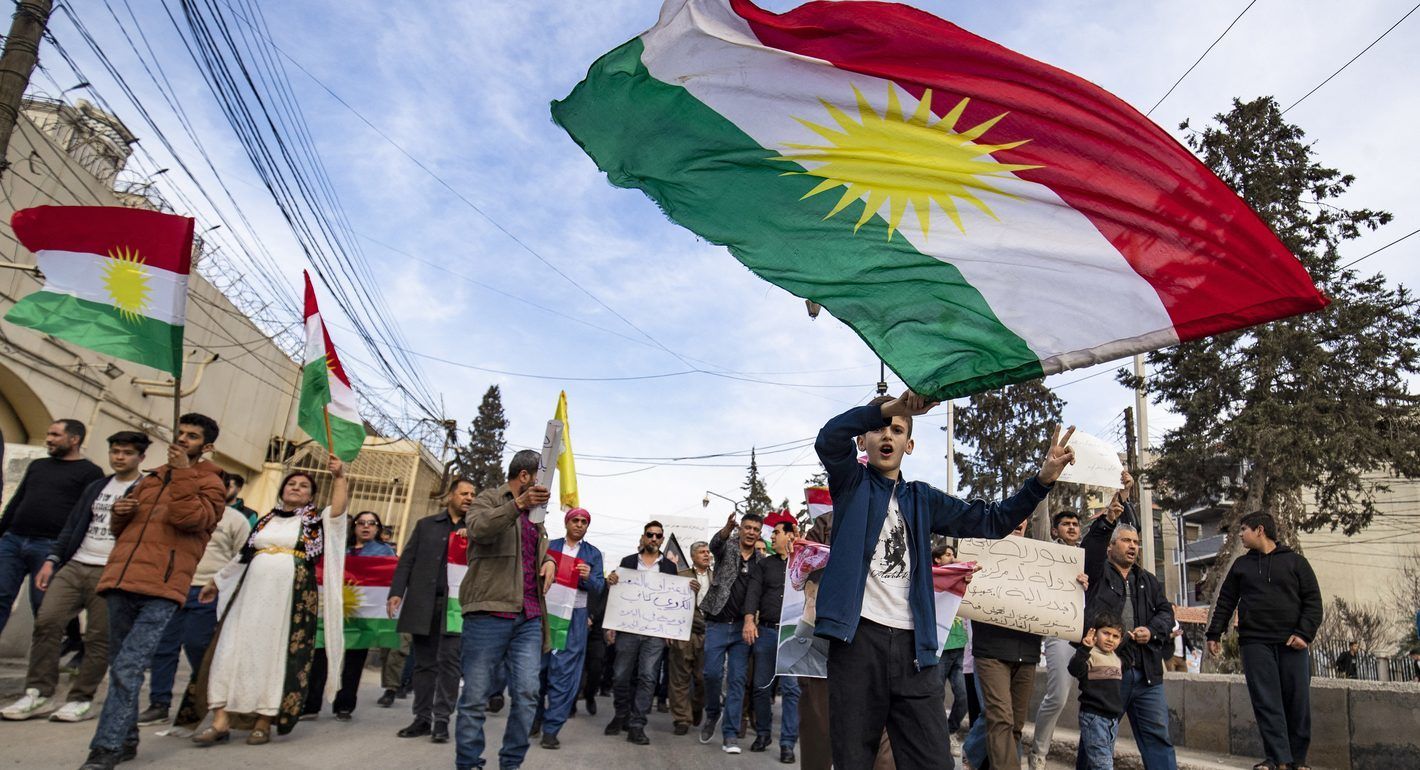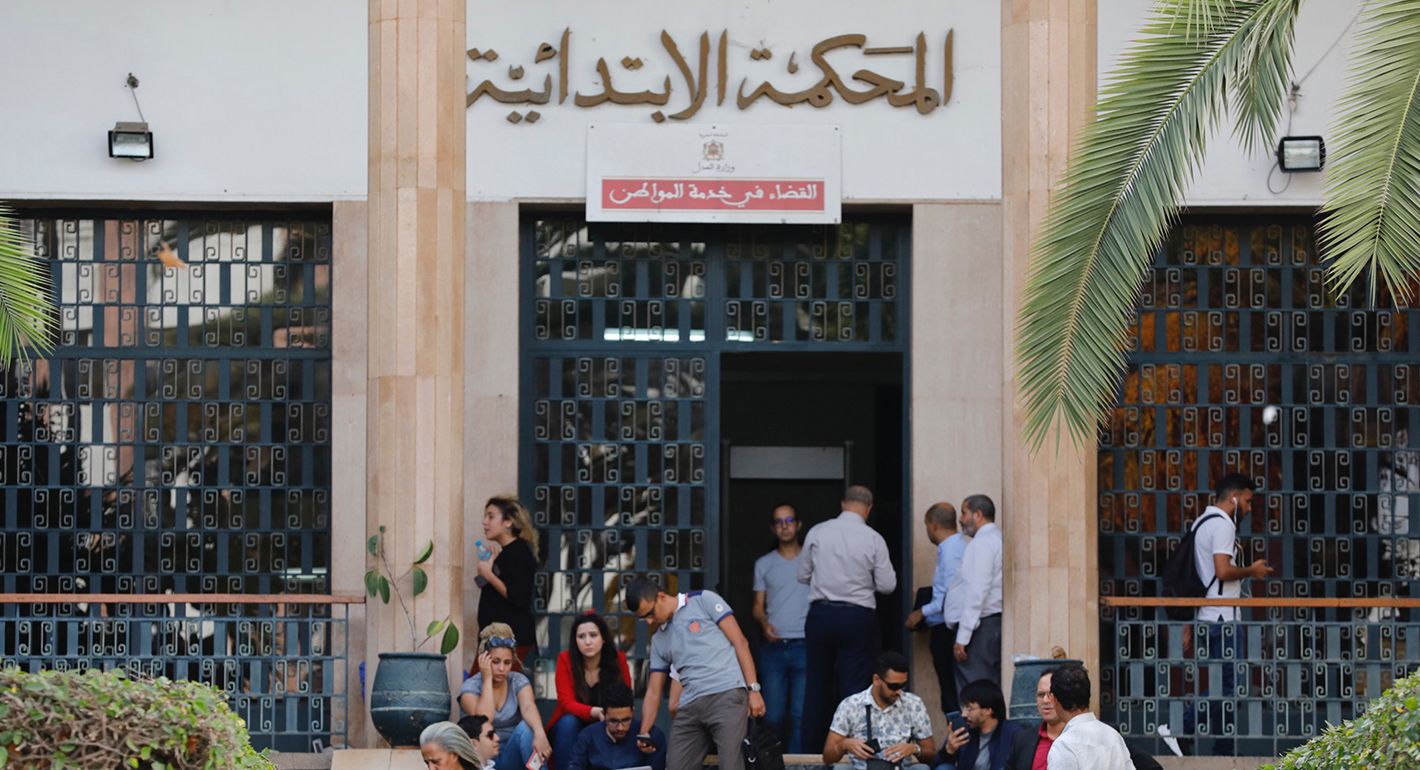Over the past few months, in juxtaposition to Sisi’s denials of claims of torture, a number of courts in the country have prosecuted security officials for torture and human rights abuses. On October 25, the Court of Cassation—the supreme court in Egypt’s criminal and civil court system—upheld a ruling sentencing one police officer to seven years in maximum-security prison and five other policemen to three years each for torturing a citizen to death in a police station. The court also fined the Minister of Interior 1.5 million Egyptian pounds ($85,000), paid to the plaintiffs, for not preventing the violations. This is one of several recent final judgments against police officers charged with abusing detainees. Furthermore, civil courts are processing thousands of claims for compensation against the Minister of Interior for overlooking or permitting cases of torture. The increasing torture is not always politically motivated: in many cases it is a sign of the growing impunity among the security apparatus, lack of credibility of the judiciary, and breakdown of the rule of law.
On December 19, the prosecutor in southern Giza referred eight police officers to the criminal courts on charges of raping and torturing a young man to death, while pressuring him to confess to murder and theft. The prosecution’s investigation suggests that the defendants unlawfully detained the detainee from February 13 to March 6, 2017, trying to force a confession out of him by stripping, beating, and electrocuting him until he succumbed to his injuries. Among the defendants were the chief inspector at the Pyramids Police Department, the chief detective, three deputy detectives, and two policemen, who were together charged with raping and fatally beating the detainee. Similarly, on March 22, 2017, the Giza criminal court sentenced a deputy detective to five years in jail, a deputy sheriff to a year, and four “former” policemen to three years on charges of unlawfully arresting and torturing an accountant named Saad Said to death in the Giza police station.
Moreover, such rulings appear to be upheld after appeals to higher courts. On May 23, the Court of Cassation rejected an appeal by two officers and two policemen who had been sentenced to four years in prison for torturing a detainee in a police station in the working-class Cairo district of Sayyida Zeinab. They had been convicted of beating, dragging, and torturing him to death after the police had forcefully intervened to break up a fight. And on February 12, 2017, the Court of Cassation rejected an appeal by a police officer who had been sentenced to five years in prison for torturing Sayyid al-Kosbari to death in a Rosetta police station. When al-Kosbari asked to see a warrant for the police to enter his car dealership, the police arrested, stripped, and dragged him around the dealership floor before taking him to the prison cell where he died.
The criminal courts are also prosecuting cases of torture within jails. In the most prominent case, the Court of Cassation made a historical ruling on May 4, 2015 to imprison a colonel for three years for ordering guards to torture two inmates to death. Another thirteen guards were sentenced to a year each for their role, and the prison doctor was also convicted of having lied about the cause of death.
However, these rulings have done little to deter security forces from committing torture. Article 56 of the Egyptian constitution gives the judicial branch oversight of prisons and detention centers, and Article 85 of Law 396/1956 regulating prisons gives the public prosecutor, his deputies, court heads, and judges the right to enter any detention center to investigate whether anyone is being illegally detained, make sure prisoners are being properly treated, hear prisoner complaints, and inspect paperwork. Yet these judicial authorities are not conducting such investigations, which are necessary to assess the full extent of violations and prevent them from happening.
Instead, many Egyptians believe that the court rulings are largely for show and fail to hold the higher-ranking members of the security apparatus responsible for the violations. High-ranking officials within the security apparatus have been involved in a number of cases where they were not questioned or held responsible. For example, a fact-finding committee led by Judge Adel Qoura found that 846 civilians died and 6,467 protesters were wounded in the first month of the 2011 revolution, further claiming that the General Intelligence Service and Ministry of Interior were responsible for planning sniper attacks on protesters. Yet not a single senior official within the Ministry of Interior was held accountable. On November 29, 2014, as part of the trial against ousted president Hosni Mubarak, the Cairo Criminal Court also acquitted former Minister of Interior Habib al-Adly and six of his deputies of premediated murder. By contrast, although most police officers implicated in the deaths during the revolution were acquitted as well, on June 4, 2012 the Giza criminal court sentenced five low-ranking officers to ten years in maximum-security prison for killing protesters on January 28, 2011.
According to the Egyptian Personal Rights Initiative (EIPR), the public prosecutor has also tended to apply pre-trial detention selectively, refusing to detain security officers in a number of murder cases despite damning evidence against them. In contrast, those swept up at random and charged with holding illegal public gatherings or looting are kept in prison until the end of the trial—in defiance of Egyptian law—despite little or no evidence against them.
Meanwhile, the police continue systematically torturing detainees with impunity, and the rate of violations against criminal and political prisoners is rising. In 2016, the Egyptian Coordination for Rights and Freedoms documented 830 cases of torture, including 159 incidents of torture in police stations, 101 in state security facilities run by the Ministry of Interior, 35 in security forces’ camps, and six cases in penal institutions. Students made up the largest share of the victims, while in an additional 115 cases the victims were teachers, engineers, doctors, journalists, or lawyers. The violations were not limited to torture alone, but also included medical neglect. Prison administrations have denied medical treatment requests for conditions such as cancer, diabetes, and heart disease, leading to dozens of deaths, all in the absence of judicial oversight of detention centers.
The Egyptian authorities’ undifferentiated use of torture and intimidation might succeed in instilling fear in the opposition more broadly, but it is also adding to Egyptians’ growing frustration at the impunity of officials and the erosion of the rule of law.
This article was translated from Arabic.
Khalid Mahmoud is an Egyptian journalist focusing on politics and human rights.






